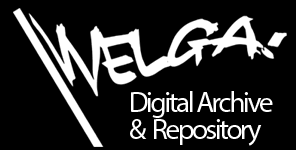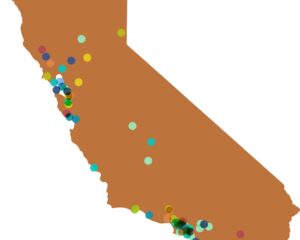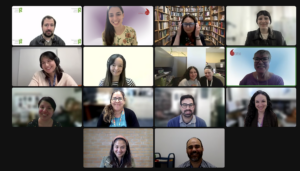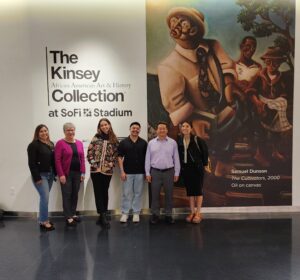Interview with Project Director Dr. Robyn Rodriguez of California Humanities-supported project Welga! Filipino American Stories of the Great Grape Strike of 1965.
Dr. Robyn Magalit Rodriguez is a Professor of Asian American Studies at UC Davis
Professor Rodriguez’s research is broadly concerned with understanding how processes of globalization, particularly international migration, impact the societies that migrants leave and the societies to which they move. Her book, Migrants for Export: How the Philippines Brokers Labor to the World (University of Minnesota Press, 2010), won an Honorable Mention for Best Book in Social Science by the Association for Asian American Studies. Professor Rodriguez’s co-authored book, Asian America: Sociological and Interdisciplinary Approaches was published by Polity Press in 2014. Also published in 2014 was the co-edited anthology, Transnational Citizenship Across the Americas. Her most recent book, In Lady Liberty’s Shadow: Race and Immigration in Post-9/11 New Jersey was published in June 2017 by Rutgers University Press.
California Humanities: What were you hoping to accomplish with your project?
Dr. Robyn Rodriguez: We had one main goal: to bring Filipinos’ leadership and engagement in the Delano Grape Strike to light through the creation of a publicly accessible website which would include 15-20 oral histories and filmed interviews, as well as the collection of photos, documents and other ephemera. The project accomplished this goal in their online archive: http://welgadigitalarchive.omeka.net/. We’ve expanded the scope of the archive to include Filipino American activist histories beyond labor activism associated with the Delano grape strike and the establishment of the UFW, which was the initial focus of The Welga Project.
As the largest Asian group in state and indeed, the third largest Asian group in the United States more broadly, Filipinos have been present in the California landscape for over a century. In fact, Filipinos and other Asian groups before them were the preferred ethnic group for agricultural labor in California for several decades before big farm owners turned to Mexican workers. This history, however, has often been left out of the K-12 history books and broader public discourse. The Welga Project ensures that our understanding of the Filipino contribution to California history is enhanced by creating easily accessible resources for educators and California citizens more generally.
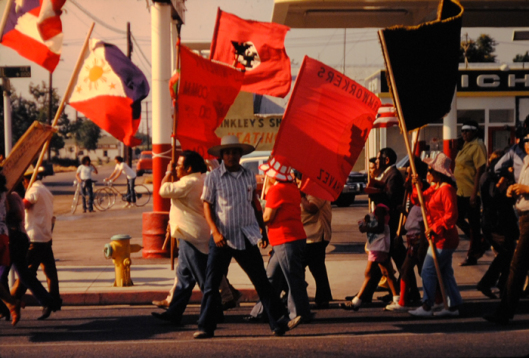
California Humanities: How did you reach and involve the public with your project?
Dr. Robyn Rodriguez: The project has presented their work to many different audiences from schools to teachers to the general public reaching over 730 people through numerous presentations to the following groups:
-National Council for Public History Annual Meeting
-Bakersfield Community College partnering the Cultural, Historical Awareness Program at Bakersfield Community College (200 people in attendance)
-Two visits to RFK High School partnering with Filipino American National Historical Society, Delano Chapter
-Sacramento Public Library
-SF Public Library partering with the Philippine American Writers Association (PAWA)
-Filipino American Educators Association of California
-Public Allies
-CA Teachers Association Joint Ethnic Caucus Issues Conference
-Participation in Larry Itliong Day hosted by Assemblyman Rob Bonta
Additionally, the Asia Pacific American Center at the Smithsonian has been following the project’s progress and has publicized the project’s work to public historians across the country.
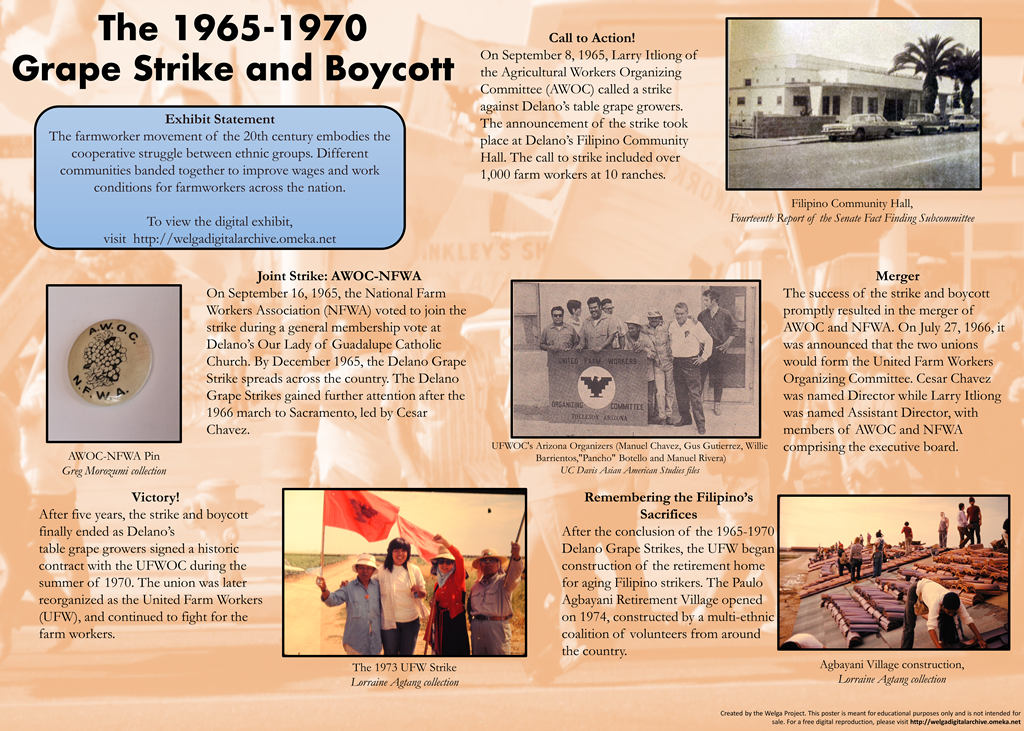
California Humanities: What are your future plans for The Welga Project?
Dr. Robyn Rodriguez: A teachers’ resource guide is still in development. The Welga Project has been collaborating with the K-12 teachers that make up the membership of Filipino American Educators Association of California (FAEAC) to ensure that the archives can be incorporated into K-12 curriculum. Even though funding for the Welga Project has ended, FAEAC teachers continue to collaborate with The Welga Project and aim to publicly launch the curriculum in the fall of 2019. Future plans for the project also include getting QR code markers installed in Delano in partnership with the FANHS-Delano Chapter for interactive public engagement by the broader public.
We are hosting the first annual benefit dinner for the Welga Project on Sept. 29, 2018 so we can continue the work we’re doing. For those interested in attending, click here. In fact, we’re hoping that the Welga Project will be the cornerstone of an even bigger initiative: the founding of a Bulosan Center for Filipinos Studies. It will be the first of its kind in the country.
~
For more information on this project, you can reach Dr. Robyn Rodriguez at rrodriguez@ucdavis.edu

